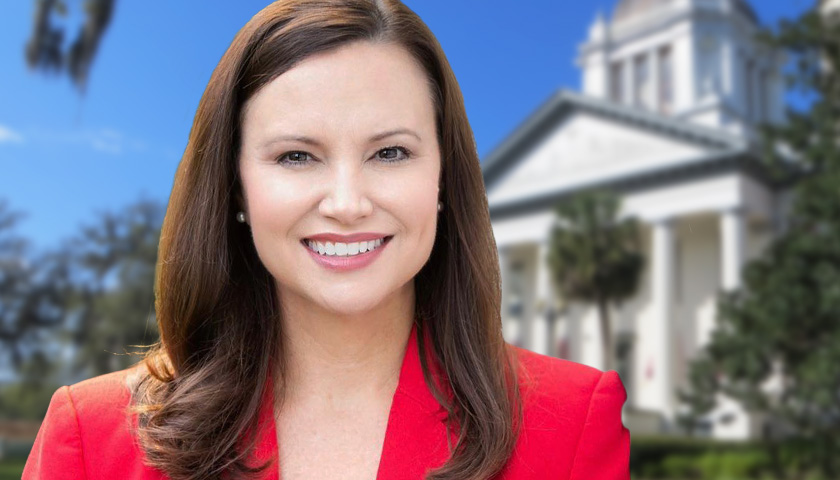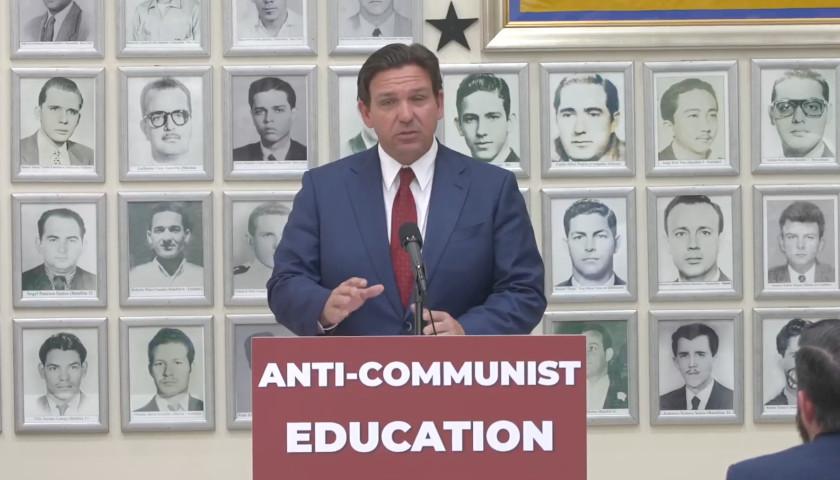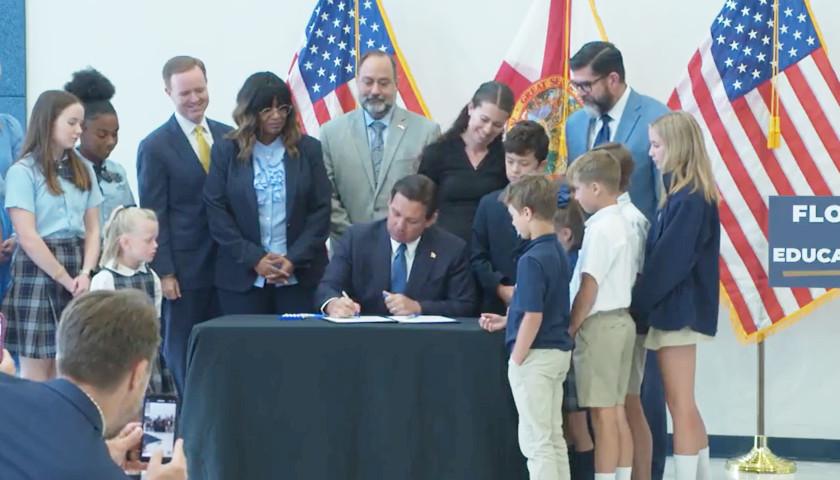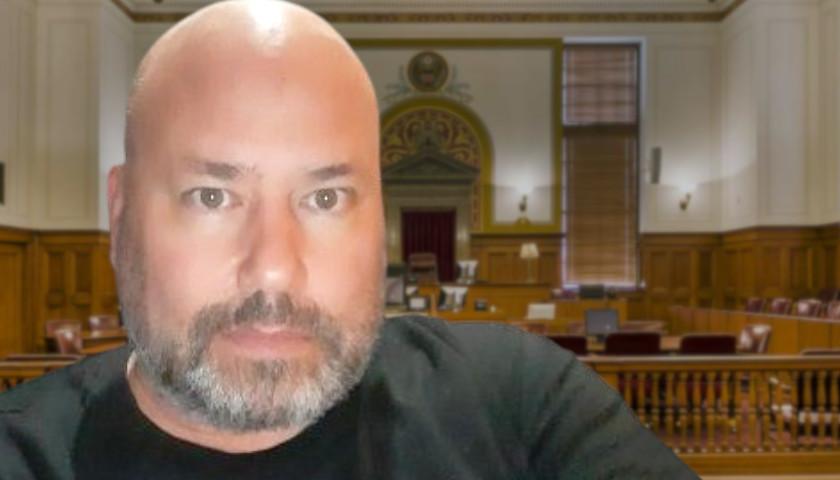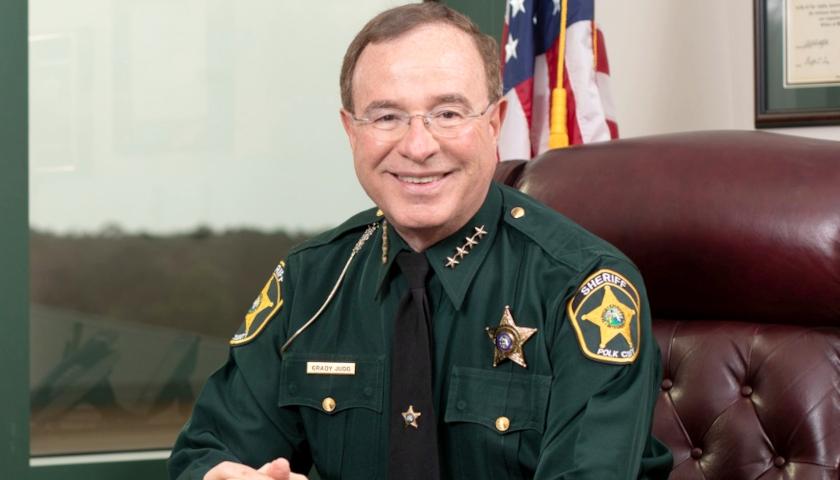by Bethany Blankley
Florida Attorney General Ashley Moody is issuing another warning to Floridians to be aware of fraudsters attempting to take advantage of those impacted by Hurricane Ian.
“Hurricane Ian devastated Floridians, destroying homes and leaving thousands without food, water or electricity,” Moody said. “Rebuilding will take months or longer – creating an inexhaustible demand for qualified contractors and debris removal services.
“Sadly, bad actors may exploit this demand to take advantage of people just trying to rebuild their lives. If anyone encounters one of these scams, or excessive price increases on essential commodities, they need to report it to our office immediately so my Rapid Response Team can stop the fraud and keep others from falling prey.”
Moody’s office has published information about price gouging and encourages Floridians to report anyone suspected of price gouging by calling 1-866-9NO-SCAM, using the No Scam app or going to MyFloridaLegal.com.
Those convicted of price gouging may receive civil penalties of $1,000 per violation or up to $25,000 for multiple violations committed in a single 24-hour period.
Her office also has published a Hurricane Preparedness Guide, which provides consumer safety tips to follow when considering home repairs.
Scammers or unqualified out-of-state workers may try to take advantage of Floridians, Moody warns. Those seeking to have repairs done are encouraged to find out if contractors are bonded and verified with a bonding agency, read entire contracts, including the fine print, never pay the full amount of repairs upfront, among other warnings.
Many contractors may ask Floridians to complete an Assignment of Benefits, which allows homeowners to sign over their insurance policy or insurance rights or benefits to the contractor or other third parties enabling them to file insurance claims. While doing so may appear to be convenient, Moody warns, “unscrupulous individuals and companies may seek to take advantage of the power an AOB provides.”
Floridians should be wary of any company that requires an AOB in order to make repairs and to not sign an AOB if there are blank spaces in the contract.
Those filing insurance claims must have their insurance company representative evaluate damage before arranging repairs. It’s recommended to get at least three written, itemized estimates on bids or repairs. Floridians are encouraged to be wary of unsolicited offers or contractors claiming to perform repairs at a discount with leftover supplies from another job. They’re encouraged to find out if a company is licensed, insured and if there are any consumer complaints filed against it at MyFloridaLicense.com or by calling 1(866) 9NO-SCAM.
Some scammers may claim to be local, state or federal government employees in order to gain access to personal information to potentially commit identity theft.
But no local, state or federal disaster-relief agency employee will call anyone on the phone asking for personal information, she says; all carry identification and will not ask for or accept cash.
Applications to apply for assistance through FEMA relief programs are free and can be accessed at DisasterAssistance.gov or by calling 1(800) 621-FEMA.
When it comes to water safety, if someone claims to represent a city, county or utility provider claiming to inspect a water line or well, Floridians are encouraged to ask for proof of identification. Some “dishonest” companies and individuals may insist on conducting expensive tests to determine water safety for those whose wells may be impacted, she warns. Floridians are encouraged to check for water safety alerts and to contact state or local health departments directly.
When it comes to tree removal, Floridians are encouraged to get multiple written estimates; research the companies offering the services; check for proof of insurance and verify with the insurer that the policy is current; and never pay the full amount up front or don’t make a final payment until the work is completed.
Moody also warns of fake charities that may “pop up.” Floridians are encouraged to call the Florida Department of Agriculture and Consumer Services at 1(800) HELP-FLA to determine the legitimacy of a charity. They’re also warned to avoid anyone who uses “high-pressure tactics or are hesitant to provide additional information” about the charity for which they are allegedly raising money.
Volunteer Florida Foundation, a 501(c)(3) charitable organization, is overseeing Florida’s official private fund, The Florida Disaster Fund, to help those in need. The fund is distributing donations to service organizations that are directly serving individuals in their communities with disaster response and recovery.
– – –
Bethany Blankley is a regular contributor to The Center Square.
Photo “Ashley Moody” by Ashley Moody. Background Photo “Florida State Capitol” by David Wilson. CC BY 2.0.

